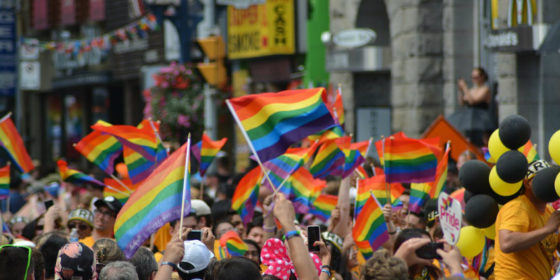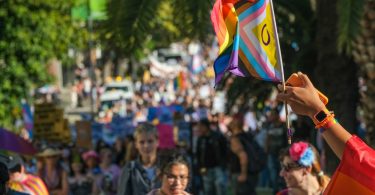There is not enough known about the lives of LGBTI people around the world. This fact is stopping governments from making better polices for the community and achieving equality.
According to conference attendees, there is inadequate data on the economic, political and social inclusion of LGBTI people. This lack of data results in a lack of effective policies to promote equality and access to social services.
About 100 participants attended the ground-breaking international conference on ‘Sexual Orientation, Gender Identity and Intersex Status Research: Data Collection, Analysis, Social and Policy Engagement’ in Hong Kong.
The participants included, academic and community-based researchers, government experts, national human rights institutions and United Nations partners.
‘Empirical evidence about LGBTI people changes minds and lives,’ said Professor Suen Yiu-tung, Director, Sexualities Research Programme, Chinese University of Hong Kong.
‘This historic conference will inspire different stakeholder groups to do LGBTI research to effect real-world changes.’
The conference showed how countries can build multi-sector partnerships. They can also invest in LGBTI-related research and data collection to better inform policymakers, service providers and the public.
Over the two-day conference, participants shared some of the challenges and opportunities of conducting research about the community in a cross-cultural context.
Data revolution
‘We need an LGBTI data revolution to understand LGBTI inequality and what to do about it. This conference will help us get there,’ Lee Badgett, Professor of Economics, University of Massachusetts Amherst.
But participants have seen positive trend towards the development of empirical data on inequalities LGBTI people faced. They argued this will help to provide a more effective, evidence-informed approach to LGBTI inclusion.







